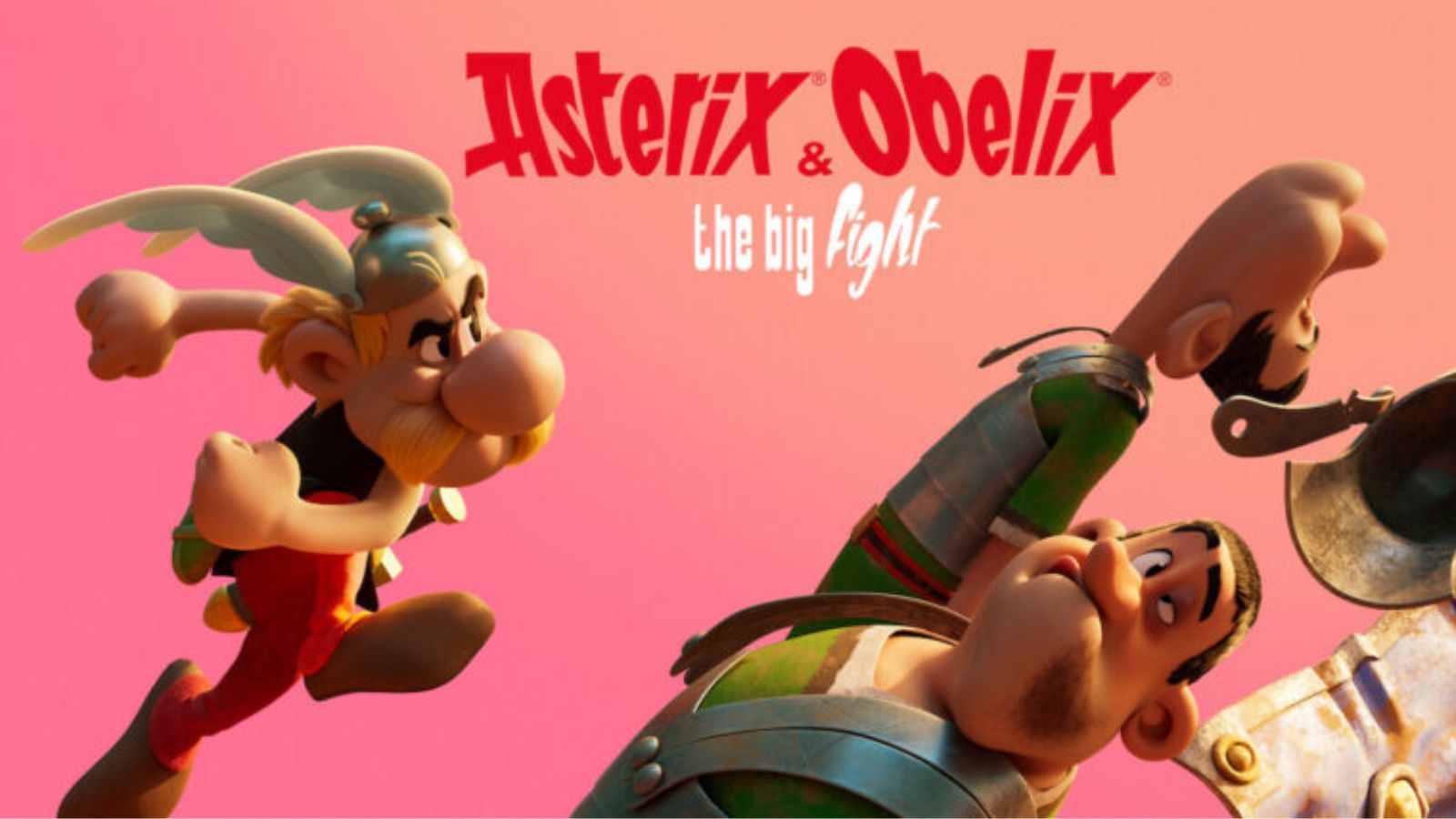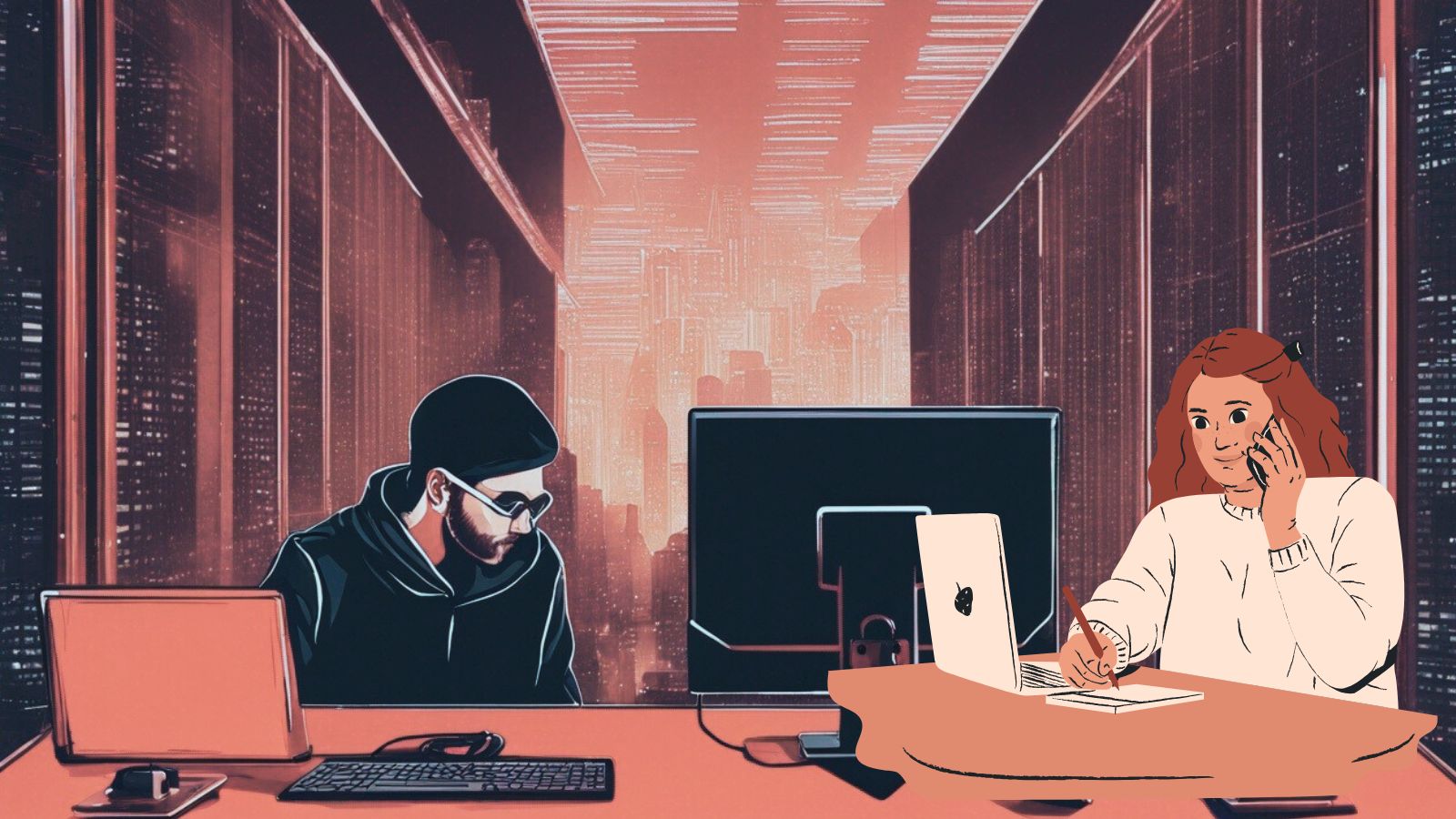
Apple Wasn’t Careful With Pirate Apps and Now Faces Record Label Trouble
- Three large music labels are putting Apple in the defendant’s position in a Moscow court.
- The case involves three pirate music apps that allow illegal track downloads for offline listening.
- The advocate of the music labels has made it clear that this is merely a test case for a new Russian law.
Apple has apparently not scrutinized the App Store carefully, allowing at least three music piracy apps there. These apps are ‘PewPee,’ ‘iMus,’ and ‘Music Downloader & Player,’ all of which enable their users to freely access copyright-protected music that they would normally have to pay for. This has resulted in filing an application for a preliminary injunction against Apple at the Moscow City Court, with the plaintiffs being Sony Music Entertainment, Universal Music, and Warner Music.
Recent amendments on an existing anti-piracy law in Russia have given copyright holders the right to ask the immediate removal of apps from app stores and compel ISPs to block the associated URLs. The law passed a few weeks ago, and the music labels proved themselves ready to take advantage of the new provisions, seeking to oust the pirate apps from Apple’s store immediately.
Related: New Law in Russia Threatens Pirate Mobile Apps and App Stores
‘PewPee Music Player’ - which is still available on the App Store, by the way - enables registered users to search music and download tracks locally in MP3 file form. Since we’re talking about unlimited offline listening, this should involve some form of payment, but it doesn’t.
The second app, ‘iMus Music Player,’ is sitting among the App Stores top hundred Music apps right now, so it too is still available. Allegedly, the software pulls audio from YouTube videos but cuts off the ads that would otherwise make this process legitimate.
And finally, the ‘Music Downloader & Player’ app is pretty much self-explanatory from its name. If the app was limited to fetching non-copyright-protected tracks or only music that is licensed under Creative Commons, there wouldn’t be a problem with it. However, the app is downloading tracks from various sources and even throws some ads in the mix to generate revenue.
The advocate who represents the music labels, Roman Lukyanov, told the press that this is a ‘test’ case for Russia’s new legislation. More copyright holders are already waiting on the pipeline and will take action if they see the system responds positively this time. The lawyer also added that if companies like Google, Apple, and Telegram were more responsive to rightsholders’ requests, things wouldn’t have to be taken to court.
From what is publicly known thus far, the particular music labels never sent a DMCA notice to Apple about the aforementioned apps, which should have cleared up the situation. Maybe they genuinely just wanted to test out the new law this time, and so they went straight to the Moscow court.









